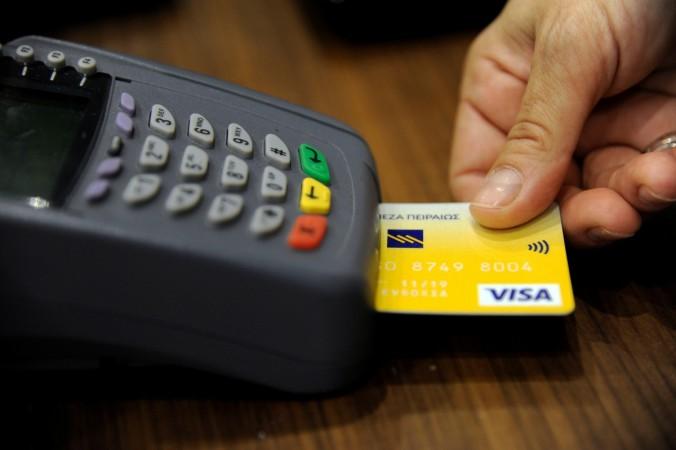
The Reserve Bank of India has flagged its concerns over the government's move to cut debit card charges for pushing digital transactions, saying it would make the whole business model unsustainable.
According to an Economic Times report, the central bank argued that any cut in transaction charges should take into account the cost considerations of the bank and other payment service providers.
Last week, a cabinet minister along with senior government functionaries had suggested that the merchant discount rate (MDR) – the rate charged to a merchant by a bank for providing card services – should be reduced substantially or be completely abolished till March next year.
However, RBI Deputy Governor R Gandhi voiced his concerns regarding any such move. "Mr Gandhi said that any reduction in charge has to be done keeping in mind the cost considerations for banks. The government is keen to significantly lower charges for transactions below Rs 1,000 and Rs 2,000 where charges vary from 75 to 100 basis points," the report quoted unnamed sources as saying.
Further, any possibility of reducing transaction charges in small towns was also discussed by the government and the RBI, the report said.
India has 74 crore debit cards and 2.7 crore credit cards in circulation and the total value of transactions through the point-of-sale (PoS) terminals are Rs 21,225 crore and Rs 29,866 crore a month, respectively. Experts said a drastic cut in charges would provide little incentive to banks for installing PoS devices and would hamper the government's push to make India a less-cash economy.
Earlier, reports suggested that banks would lose around Rs 1,000 crore of fee income owing to the decision to waive off fees on card transactions till December 31, 2016, after demonetisation.

















